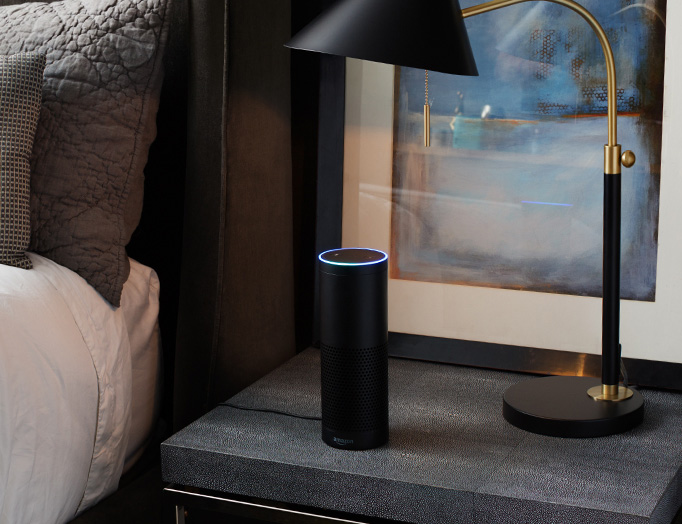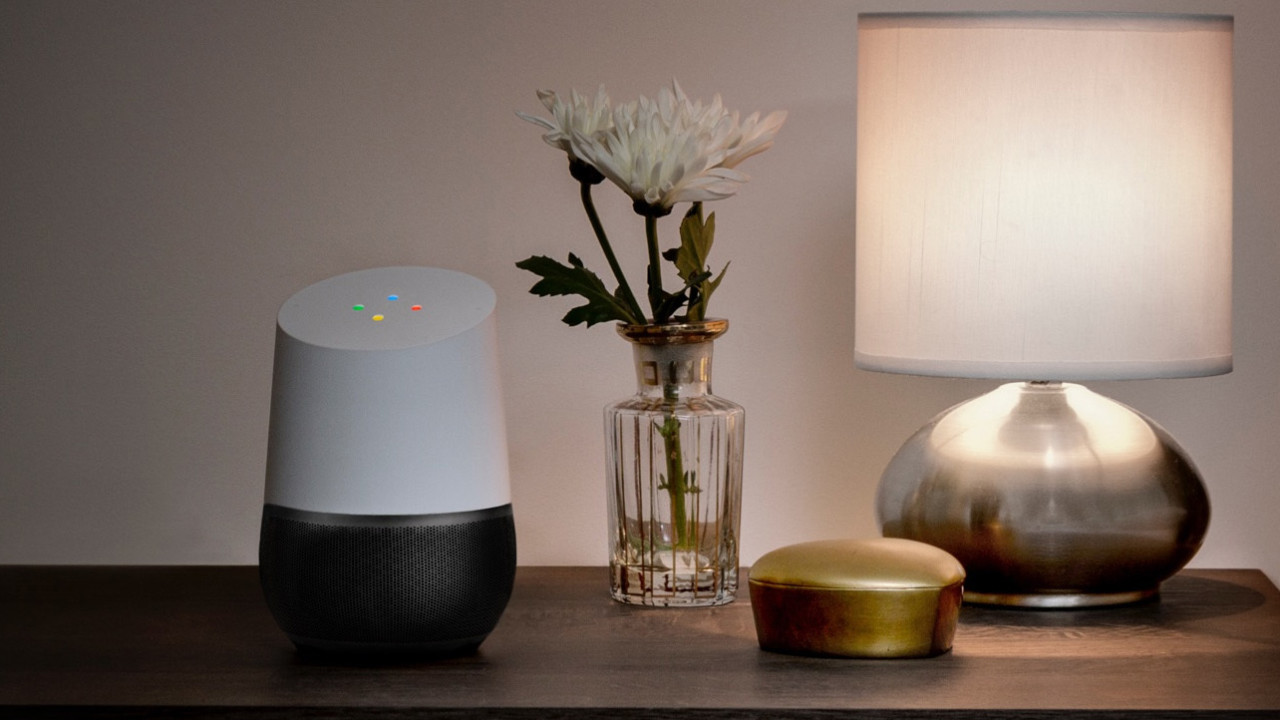While most folks are ditching their landlines because they now have a phone with them wherever they go, they might make a comeback as a feature in voice assistant speakers, reports The Wall Street Journal.
According to the WSJ’s sources, Google and Amazon are considering adding the ability to make and receive voice calls to the companies’ Home and Echo devices respectively. They’re currently equipped to handle tasks like controlling your lights and smart appliances, streaming music and ordering groceries online. Enabling voice calls would certainly make those voice-activated speakers a lot more useful, and give you another reason to stop carrying your smartphone around the house all the time.

Of course, the big question is, how will calls work? Google already has a bunch of products like Hangouts and Voice for handling voice communication, and syncs your contacts’ numbers across its apps. It also has Duo for video calls and the company said last August that it planned to add support for voice-only chats.
Amazon might find it a bit more difficult to introduce this feature: While it just launched a new app for video conferencing that it could borrow technology from, it doesn’t yet have a way to access your contacts. The company is reportedly considering multiple approaches to this problem, including grabbing contact information from your paired phone, integrating third-party apps like Skype and perhaps even giving your Echo its own number.
It’ll also be interesting to see just how well both devices’ far-field microphones fare when it comes to call quality. Right now, they’re good enough to hear you from anywhere in a reasonably sized room and understand commands, but can they also transmit clear audio to callers if you’re not standing close to your speaker?
Regardless, it sounds like a good idea because it solves the two major problems with traditional landline phones: People can’t be bothered to remember phone numbers or fiddle with another device to place a call. Hopefully both companies will be able to figure out a decent solution in the near future.
Get the TNW newsletter
Get the most important tech news in your inbox each week.






